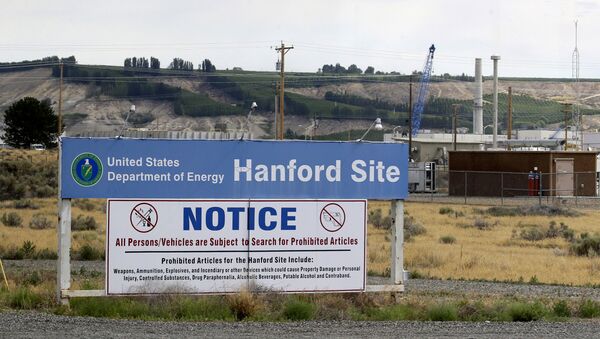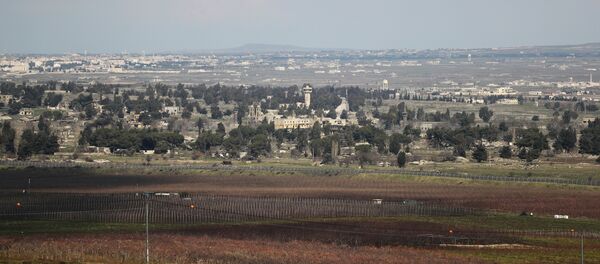The US Department of Energy plans to reclassify some of the country's most dangerous radioactive waste in order to lower its threat level.
In an official announcement 5th June, the Department said labeling high-level waste as low level will save US$40 billion in cleanup costs across the US' entire nuclear weapons complex. Under the plan, material that's languished for decades in nuclear weapons production sites in Washington, Idaho and South Carolina would be taken to low-level disposal facilities in Utah or Texas.
"This administration is proposing a responsible, results-driven solution that will finally open potential avenues for the safe treatment and removal of the lower-level waste. This will accelerate cleanup and reduce risk," Energy Undersecretary Paul Dabber said.
Today the Trump Administration unilaterally changed the definition of waste stored at #Hanford and other nuclear waste sites nationwide, opening the door for the feds to walk away from cleaning up millions of gallons of toxic, radioactive waste. @AGOWA https://t.co/05FqduhDGc
— Governor Jay Inslee (@GovInslee) June 5, 2019
Previous definitions of high-level waste were based on how the materials were produced, while the new classification will be based on radioactive characteristics. The agency will maintain standards set by the independent Nuclear Regulatory Commission "with the goal of getting the lower-level waste out of these states without sacrificing public safety" he added, stating he was "excited about reducing the risk faster".
In response, Washington's Governor and Democratic presidential candidate Jay Inslee and state attorney general Bob Ferguson said the White House was disregarding state authority.
"Washington will not be sidelined in our efforts to clean up Hanford and protect the Columbia River and the health and safety of our state and our people," they said in a joint statement.
"The Trump administration is moving to fundamentally alter more than 50 years of national consensus on how the most toxic and radioactive waste in the world is managed and ultimately disposed of. No matter what they call it, this waste needs a permanent, well-protected disposal option to guard it for generations to come. Pretending this waste is not dangerous is irresponsible and outrageous," the group's senior attorney Geoff Fettus said.
"The Energy Department's questionable rewriting of the regulations is simply a cost-cutting measure designed to get thousands of high-level waste containers dumped off site; they must continue to be safely stored at Savannah River until a geologic repository is available," he concluded.





